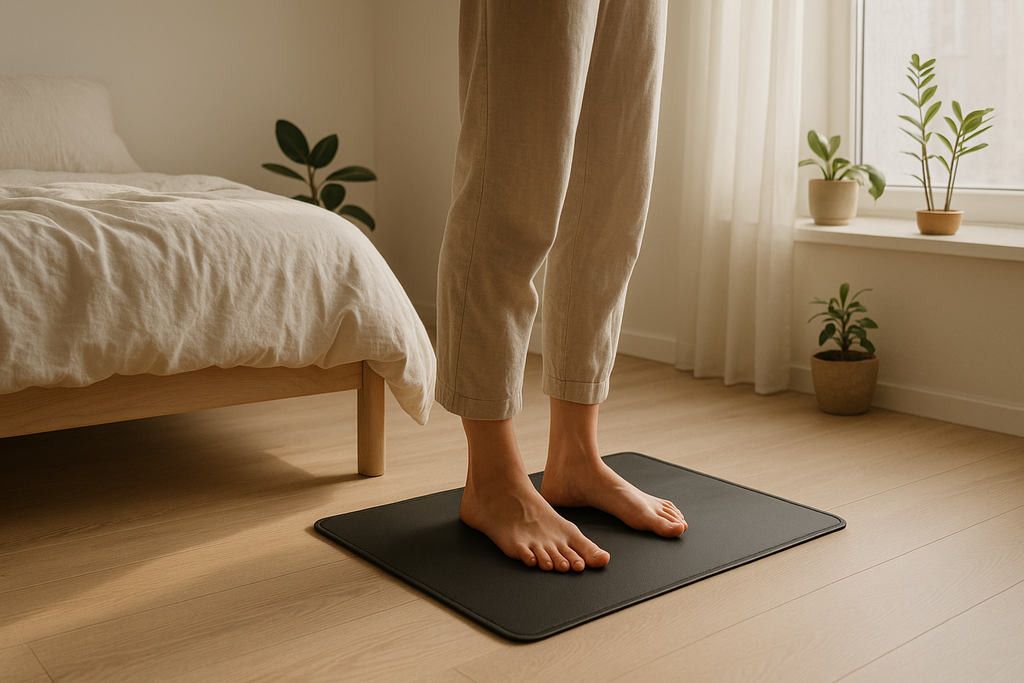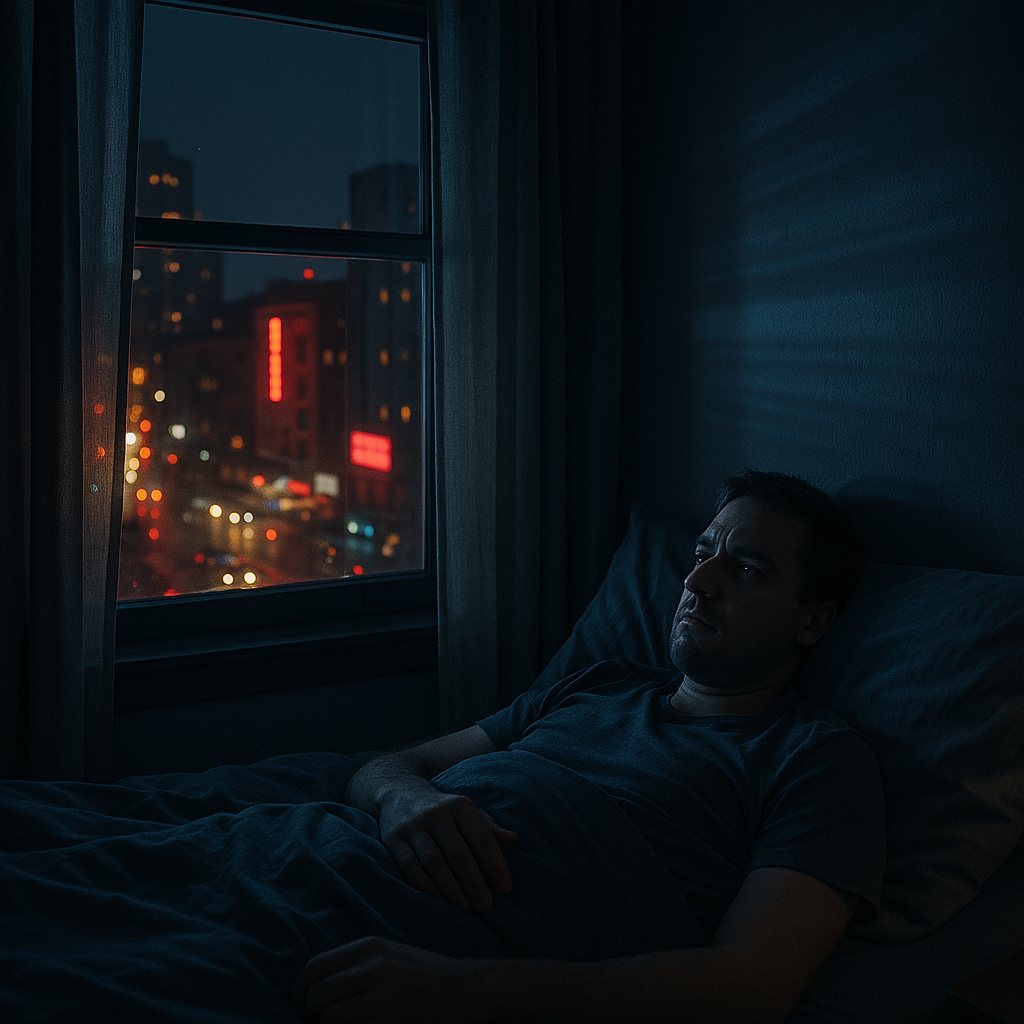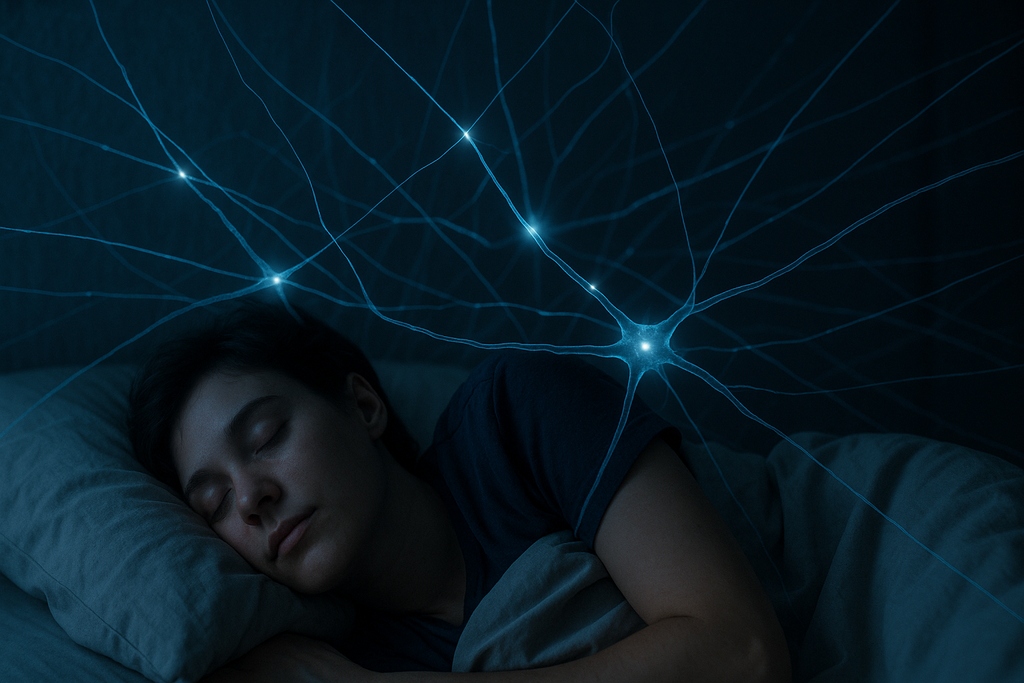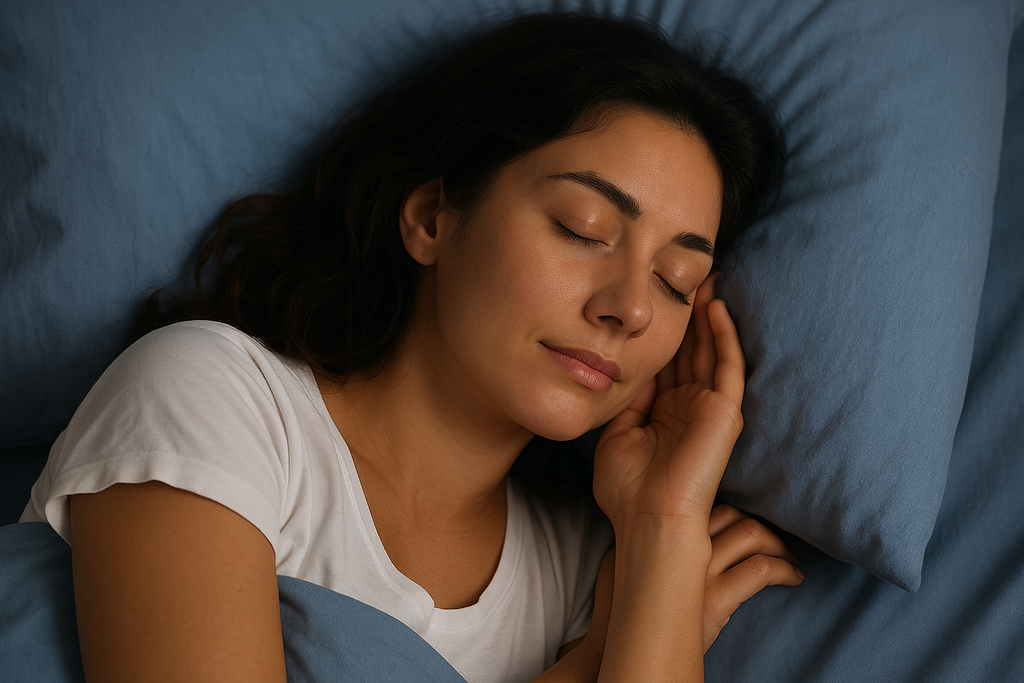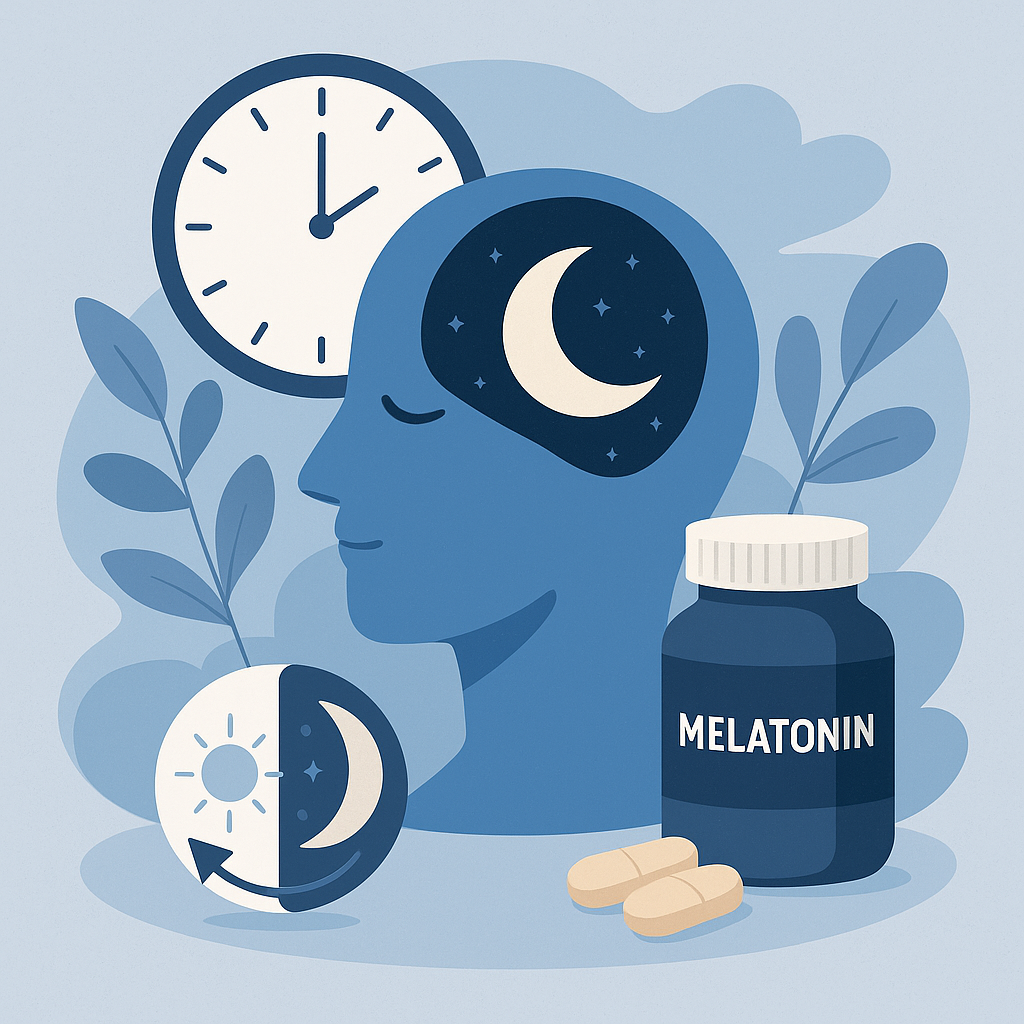News — sleep hygiene
Are Grounding Mats a Real Health Hack or Just Pseudoscience?
circadian rhythm cost-benefit analysis earthing electron flow theory EMF skepticism evidence-based wellness expert opinions grounding mats health hack or pseudoscience inflammation reduction myths and misconceptions natural grounding outdoors placebo effect research limitations safety and certification sleep hygiene sleep quality small-scale studies stress and anxiety wellness gadgets
From biohackers to wellness influencers, grounding mats—also called earthing mats—are making waves as the next big health trend. These devices, designed to connect your body to the earth’s electrical field while you sit or sleep indoors, claim to reduce inflammation, improve sleep quality, ease anxiety, and even balance your circadian rhythm. The concept is simple: by restoring the body’s connection to the earth, grounding mats allegedly neutralize free radicals and recalibrate our biological systems.
But are these claims scientifically sound, or are grounding mats just another shiny gadget in the ever-expanding wellness market? While proponents point to studies on inflammation, stress, and sleep, skeptics argue the evidence is sparse, inconsistent, and sometimes funded by the very companies that sell these products. This article takes a critical look at grounding mats, unpacking the theory behind them, the current body of research, and whether they’re worth your time—or just pseudoscience dressed up as a health hack.
The City's Secret Toll: How Noise and Light Pollution Are Robbing Your Sleep
ambient noise and sleep blackout curtains blue light sleep effects circadian rhythm city living health risks city noise and insomnia light pollution light pollution effects melatonin suppression natural sleep support noise pollution sleep and mental health sleep disruption sleep hygiene sleep optimization SleepBlend PM Support smart sleep devices urban sleep health urban wellness white noise for sleep
The city never sleeps—but that doesn’t mean you shouldn’t. Urban life pulses with energy, but behind the shimmering lights and hum of traffic lies an invisible threat to health: environmental pollution not of the air or water, but of sound and light. While you might brush off the occasional honk or glow from a streetlamp, research shows that even low levels of ambient noise and artificial light can wreak havoc on your ability to get restful, restorative sleep.
More than a nuisance, urban noise and light pollution are increasingly recognized as serious disruptors of circadian rhythm, melatonin production, and mental health. From sleep fragmentation to long-term risks like cardiovascular disease and depression, the stakes are higher than most city dwellers realize. This article explores the science of how our environment sabotages sleep, and what you can do to reclaim the rest you need—whether you live in a penthouse or a studio by a busy street.
The Brain's Sleep Debt: Pinpointing the Regions Where Memory Goes Missing
brain fog brain health supplements cognitive function sleep deep sleep brain hippocampus sleep how sleep affects memory LongLifeNutri brain LongLifeNutri sleep melatonin memory decline memory loss and sleep memory supplements omega 3 brain prefrontal cortex sleep deprivation REM sleep memory sleep and brain health sleep and neuroplasticity sleep debt sleep deprivation memory sleep hygiene
We’ve all felt it—groggy mornings, mental fog, the frustrating inability to recall where we left our keys or why we walked into a room. While a poor night’s sleep can make us feel unfocused, science shows that sleep deprivation has far more serious consequences than just daytime drowsiness. The brain accumulates a kind of "sleep debt," and when left unpaid, this debt can sabotage our ability to retain and recall memories.
But memory loss isn’t just a vague consequence of sleep deprivation. Researchers are now pinpointing the exact regions of the brain that suffer when we skip rest. From the hippocampus to the prefrontal cortex, sleep—or the lack of it—can cause measurable deficits in how we store and retrieve information. In this article, we’ll explore how sleep debt impairs memory, highlight the brain regions most affected, and uncover strategies to protect your cognitive function in a sleep-deprived world.
The Role of Sleep in Cognitive Function: Memory, Focus, and Brain Health
brain detox brain fog cognitive function deep sleep emotional balance melatonin supplement memory consolidation mental clarity natural sleep support neuroplasticity nighttime routine REM sleep sleep and brain health sleep and learning sleep and memory sleep and productivity sleep cycles sleep deprivation sleep focus sleep hygiene
Sleep isn't just about rest—it's one of the most powerful tools your brain has for staying sharp, focused, and emotionally resilient. While we sleep, the brain doesn't shut off; it goes into overdrive, processing memories, clearing toxins, and recharging the mental batteries that fuel our daily lives. In fact, consistent quality sleep is as essential to brain health as oxygen and nutrients.
In today’s always-on culture, sleep often takes a backseat to deadlines, entertainment, and stress. But research shows that sacrificing sleep can quickly lead to forgetfulness, poor focus, mental fatigue, and even long-term neurodegenerative conditions. This article explores how sleep impacts memory, concentration, decision-making, emotional balance, and overall brain health—providing the science and solutions behind better cognitive performance through sleep.
The Role of Melatonin in the Circadian Rhythm and Sleep-Wake Cycle
B6 and melatonin biological clock blue light sleep disruption brain and melatonin circadian rhythm insomnia jet lag jet lag remedy light and sleep LongLifeNutri melatonin melatonin benefits melatonin dosage melatonin for kids melatonin production natural sleep aids shift work sleep sleep hygiene sleep supplement sleep-wake cycle
Ever wonder why you start to feel sleepy around the same time each night? Or why traveling across time zones throws off your entire schedule? The answer lies in your body’s internal clock — the circadian rhythm — and a powerful hormone called melatonin. Often referred to as the “sleep hormone,” melatonin plays a crucial role in regulating when you feel alert and when it’s time to wind down.
Produced by the pineal gland in response to darkness, melatonin signals the body that it’s time to prepare for rest. But melatonin isn’t just about sleep — it’s an essential regulator of your entire circadian system. In this article, we’ll explore how melatonin influences your sleep-wake cycle, how modern life disrupts this rhythm, and natural ways to optimize your melatonin production for better rest and overall well-being.

